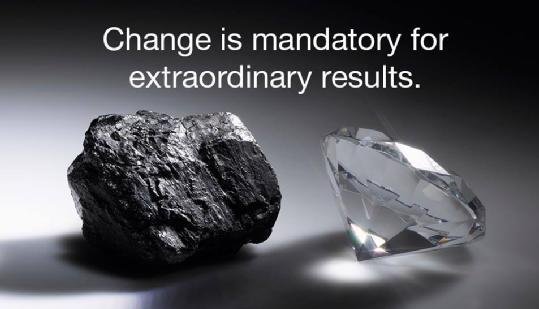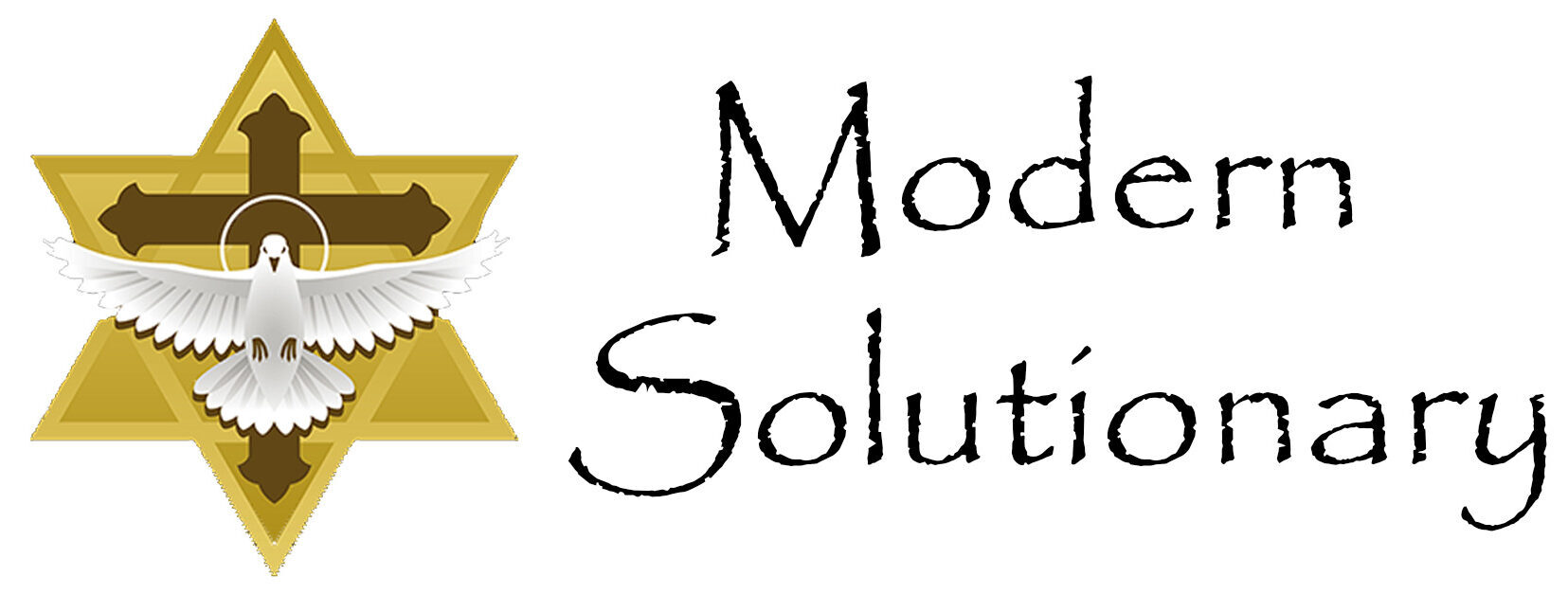
Coal to Diamond
I recently had the opportunity to listen to a speaker that shared this unique perspective on the dynamics of leadership in regards to how the follower is affected by the leader’s messages. To better understand this concept I would like you to think about your own life, the messages you received from people that you followed, and how the decisions made from those messages changed your life. Recall that special teacher or coach, your parent or guardian, a close friend, or a trusted mentor; whomever it was, go back in your mind’s eye, while you read over this material.
The speaker told a story about a respected man who was a student of a renowned teacher. One day the student approached the teacher and asked him a philosophical question. “Teacher, what do I have to do to find eternal peace?” The teacher knew the student as a successful businessman who was also a good and respected man. He built his business the right way; he did not lie, cheat, or steal from others, and had never committed a crime of any kind. He was a pillar of the community, a kind man.
The teacher looked deep into his smiling eyes and gave him the answer to his question. “To find eternal peace, you must sell all your possession and give the proceeds to the poor, and then you must follow me, teaching others what I have taught you. Only then will you find eternal peace.”
The student’s face went pale and his smile completely disappeared from his face. Shaking the teacher’s hand in silence, he left feeling sad.
Needless to say, the answer was not the one the student expected because whenever we come to our leaders; we do so from “our” perspective at that time and place. “We come as we are.” We possess certain talents, skills, and abilities up to that moment. Our past will have been laced with difficulties and earned accomplishments. All of which forms our self-image. We cannot change the history of our past; after all, it is what brought us to where we are. However, no matter how good we think we are, there will always be room for improvements and the better we are; the more accomplished; the harder future improvements will be. Our personal growth, by its very nature, must continue throughout our lives.
What I personally found extremely compelling in the answer that the teacher gave, was the area of focus that the teacher was guiding the student toward. The student probably assumed; because he had lived what he believed to be the best life possible; the teacher would tell him he could finally coast the rest of the way to what he considered “eternal peace”. He thought he had reached, or at least was close to, what he believed was the ultimate life destination. He was content and was looking for accolades; yet deep down; he knew there was something more to the eternal peace that he was seeking, or he would not have posed the question in the first place. Another “given” to this scenario is that the student fully believed that the teacher possessed the answer to his question about reaching this Nirvana. The teacher completely surprised him by directing the student toward the deepest and most difficult area for all of mankind to master, our selfish nature. To grow his eternal peace the student would need to create a selfless vocation; a call of total service to those less fortunate; those to whom a quid pro quo relationship would be impossible to achieve. This transition is what many life coaches refer to as shifting from a successful life to one of significance.
Answers from our leaders should always create positive change. That is what good leaders do. Let’s consider the choices the student is presented with and how these choices could affect his emotions. From the wording of the last sentence of the story, it seems that the student was not emotionally prepared for the bombshell the teacher dropped on him. “Go sell all that you have worked so hard to achieve and give the profits of your life work to people who have much less.” As with any decision, he only has three choices; do as the trusted teacher advised, ignore the direction of his mentor, or do some of what the leader requested. With the first choice, if you believe the teacher knows the right answer, then the only right solution is to go all in and follow his directions completely. In the case of the second choice, if you think the professor is totally off-base the student should completely dismiss the guidance of the teacher but this is an unlikely option because of the relationship the two shares. The third solution and the one that most people would probably make were they in his shoes, is to consider an acceptable concession. He could sell some of his wealth and give that to the poor. This third solution would definitely be more palatable to the student and would surely bring the teacher and the student’s definition of “eternal peace” closer in line to one another. Or would it? The concession would probably not build the selfless character trait that the wise teacher knew was required in order for anyone to find that eternal peace.
Another component to this scenario is whether or not the student accepted the request made of him in the correct manner it was given. Did the student take offense to the request made by the teacher? Possibly. Some things said or done can be perceived as offensive to others but still should be said or done because the words or actions are right, just and moral for the betterment of the parties involved. In today’s society, it is said that we are raising children with thin skins. Should not people be taught to gauge intent before jumping to conclusions? I believe that is why the relationship between the messenger and the receiver of the message is so important. Guidance from someone to whom you share a relationship of love, trust, and respect will usually be viewed from a more caring perspective and with positive consequences. As long as the intent is not to offend but rather to assist in growth and understanding for the greater good then the person will take a more accepting posture in the consideration of future choices.
For years I have shared a special lesson with everyone I had the privilege to work with. This lesson was quite simple. “Our thoughts, words, and deeds have the power to motivate change in everyone that we interact with, either positively or negatively; occurring whether we realize it or not. This means, both of our lives can be forever changed and neither will be the same again. It is our job to make sure it a positive change so that everyone benefits from our very existence.”
If this is my last post, I want all to know there was only one purpose for all that I have written; to have made a positive difference in the lives of others.
Anthony “Tony” Boquet is a published author on the topic of wise decision making. Through the creation of the word “Solutionary” he is turning problem solving in a whole new direction.
